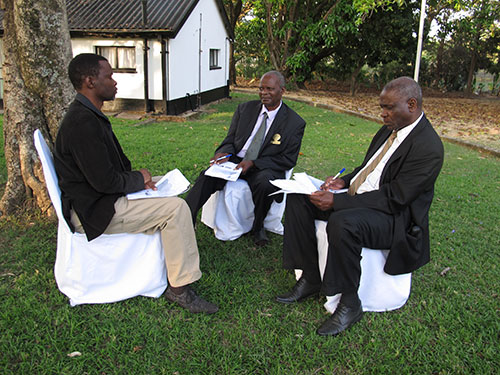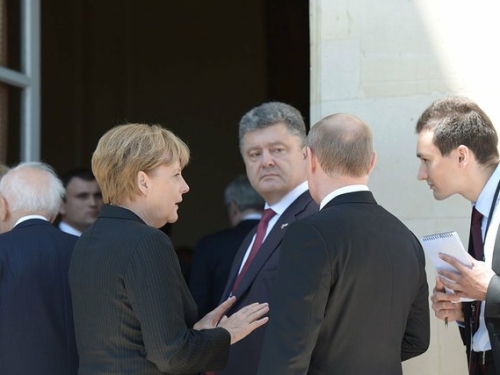
This article was originally published in the Bulletin on Swiss Security Policy, a publication of the Center for Security Studies (CSS) at ETH Zurich, on 27 October, 2015.
After years of estrangement, Zimbabwe and the West have slowly started to re-engage with each other. The popular approval of a new constitution in 2013 – which introduced significant civil rights – and the subsequent peaceful elections provided the impetus for the thawing of relations. This included the easing of European Union (EU) restrictive measures imposed in 2002 following Zimbabwe’s controversial land reforms.
But that’s not to say that the country’s myriad challenges have been resolved once and for all. The unresolved succession of 91-year-old President Robert Mugabe, who has ruled Zimbabwe since independence in 1980, continues to paralyze the country’s politics and economy. High levels of unemployment and empty state coffers make economic survival most Zimbabweans’ main concern. Finally, there’s a growing need to undertake a series of far-reaching institutional reforms, particularly when it comes to Zimbabwe’s security sector. But how do you tackle such an undertaking in a country where there is a lack of political will and capacity for such sensitive reforms?




